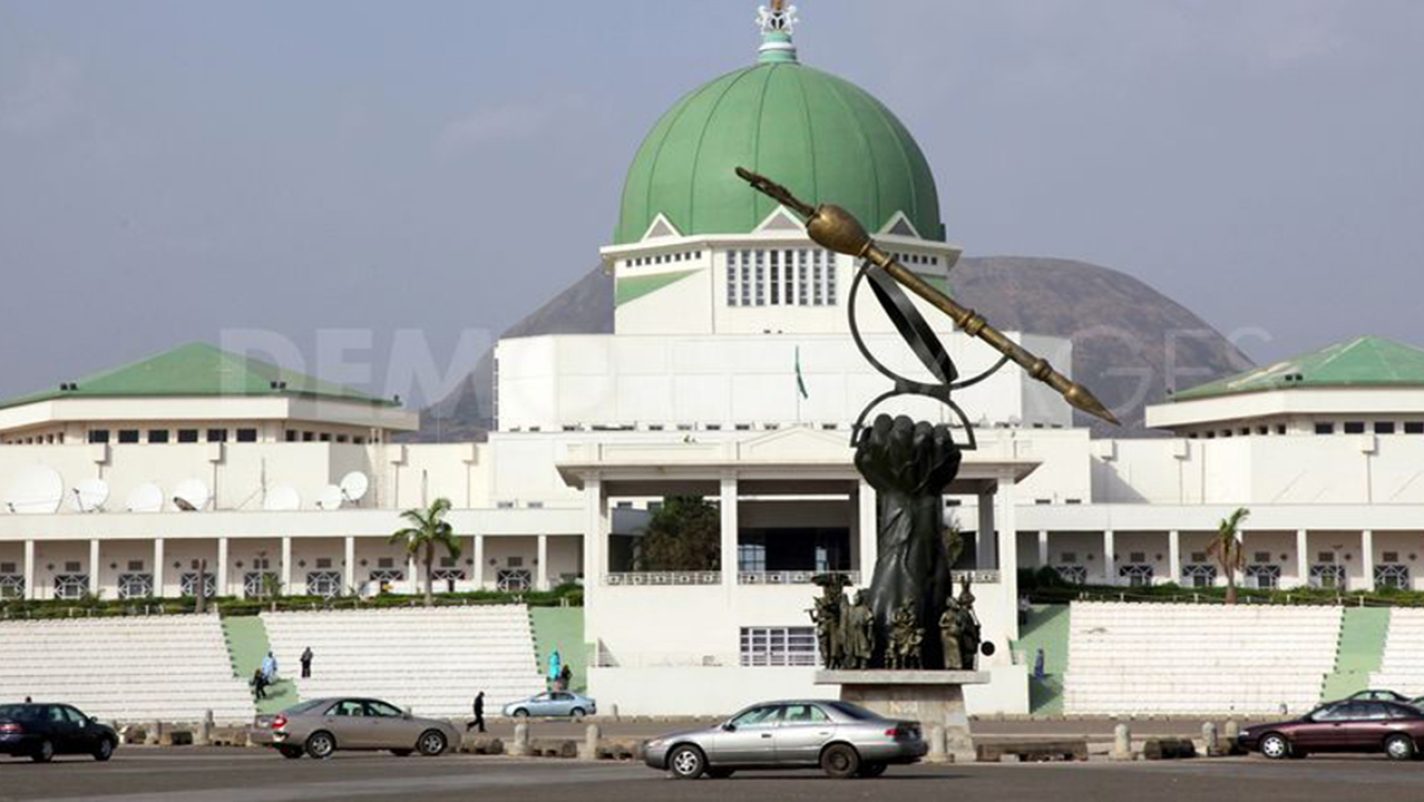The National Assembly is gearing up for yet another round of constitutional amendments, an undertaking that has consistently cost the country an average of N1 billion annually, according to recent findings by The Guardian. Over the past 24 years, at least 30 alterations have been made to the 1999 Constitution, amounting to a cumulative cost of N24.85 billion.
Next week, both the Senate and the House of Representatives will resume legislative activities with a focus on constitutional amendments. Key areas of emphasis include state police, Value Added Tax (VAT), and electoral reforms. The urgency for further amendments is driven by the ongoing legal battle over VAT collection between the Federal Inland Revenue Service (FIRS) and some state governments.
Rivers and Lagos state governments have enacted laws advocating for the decentralization of VAT collection, while other states argue for a centralized approach. The case is currently pending at the Supreme Court.
The Senate and the House of Representatives will inaugurate separate committees, led by Deputy President of the Senate Jibrin Barau and Deputy Speaker Benjamin Kalu, to address these constitutional amendments.
Despite the annual allocation of approximately N1 billion for constitutional amendments, concerns have been raised about the efficacy of the process. Critics argue that the National Assembly has failed to achieve comprehensive reviews, leading to the perception that resources have been wasted.
Previous attempts to amend the constitution have faced challenges, with accusations of interference from governors preventing state Houses of Assembly from endorsing proposed alterations. Issues such as the creation of state police, restructuring the Nigerian state, and resource control have remained unresolved over the 24-year history of constitutional amendments.
The upcoming constitutional review committees will revisit these issues, including the quest to separate the office of the Attorney General of the Federation/State from the office of Minister/Commissioner for Justice. They will also address issues like changing the procedure for enacting an entirely new constitution through a referendum and including basic education and primary healthcare as fundamental and justiciable human rights.
Advocacy groups, such as the Human and Environmental Development Agenda (HEDA), argue that corruption and related problems persist due to the failure to remove and alter impediments in the Constitution against anti-corruption efforts.
While past constitutional amendments have achieved some success, such as financial autonomy for the National Assembly and time limits for filing and disposing of election petitions, concerns persist about the ongoing allocation of substantial funds for the annual constitutional amendment exercise. Critics emphasize the need for responsive leadership and effective collaboration between the National Assembly and state Houses of Assembly to deliver meaningful constitutional reforms.


